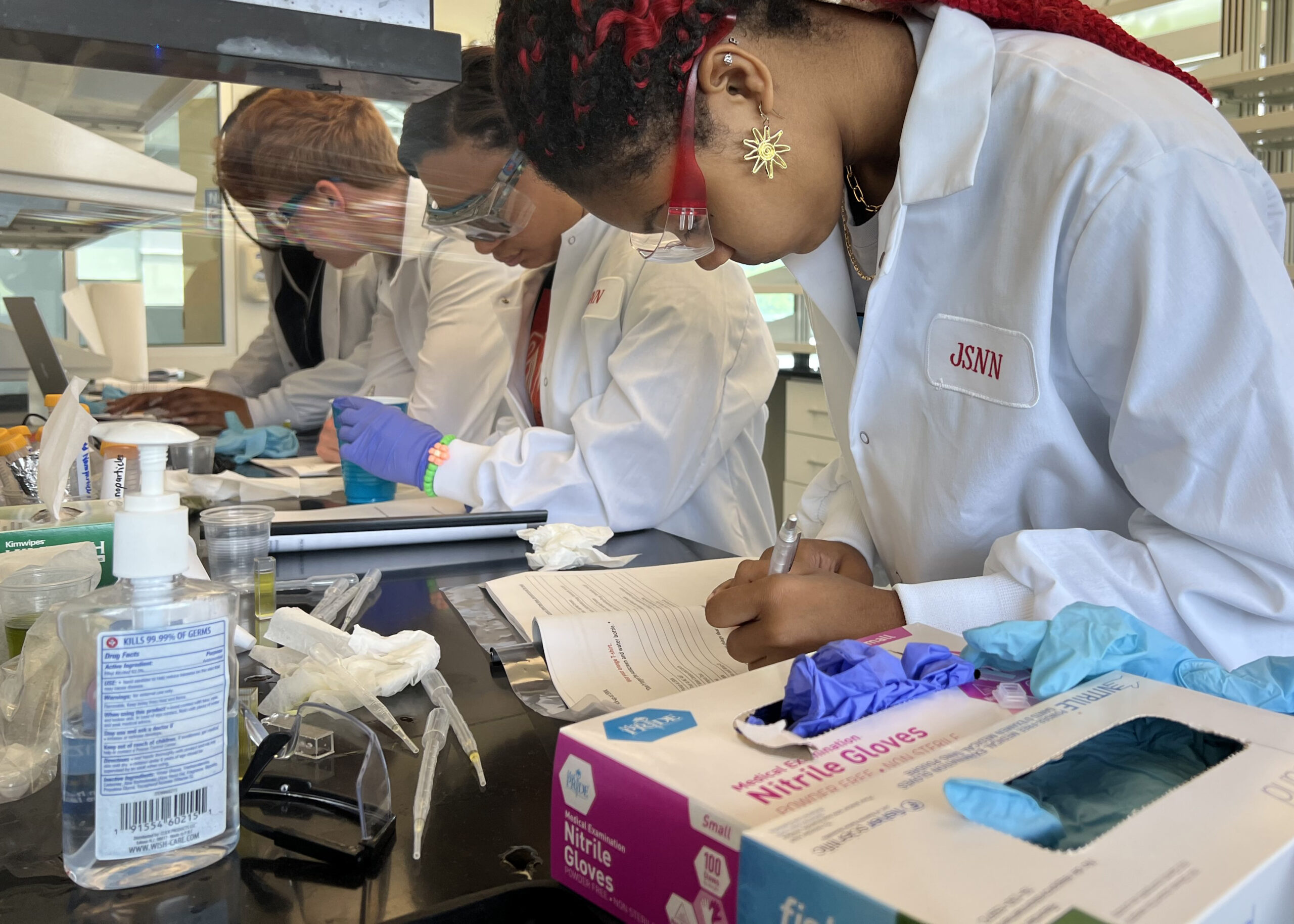
Broadening Participation
STEPS and Inclusivity
STEPS established its diversity statement to demonstrate its values and commitment to ensure that the Center has an inclusive and equitable environment. This statement is central to the direction of the Center. It sets the foundation for what we want everyone to know and believe about STEPS. Our diversity statement reads:
STEPS will establish and sustain a culture of inclusive excellence that celebrates diversity, fosters a sense of belonging for all participants, and integrates diverse research perspectives.
This will be accomplished by creation of inclusive learning and mentoring environments. STEPS will increase capacity for enhancing access, retention, and success of all its participants and will especially build programs that ensure success of underrepresented populations and women.
Our Approach
The success of the initiatives undertaken by the STEPS Center stems from the innovation of the diverse perspectives of its collective members. STEPS uses the impact of its stakeholders as well as its diverse team to address fundamental science and technological advances related to phosphorus sustainability. The essence of the strength of STEPS is the diversity in thought, culture, experience and approach toward problem-solving required to address a societal issue that no single discipline or group can solve on its own.
STEPS builds long-term mutually beneficial partnerships with organizations and institutions that allow us to recruit talented participants while strengthening new research collaborations. Our goal is to have a diverse and inclusive Center that mirrors the population of the United States. Consequently, STEPS activities and intentionality will foster progress toward a goal of >50% participation by members of underrepresented minority groups, including >50% pre-baccalaureate participation to further broaden and develop the STEM pipeline. To ensure this goal is accomplished, STEPS uses proven theoretical approaches to ensure that all its participants, especially those from groups underrepresented in science and technology, including women, minorities and persons with disabilities, have experiences in STEPS that lead to their retention and career progression. Our strategies include:
- Career development is strengthened through programs guided by social cognitive career theory
- Mentoring is based on the tripartite integration model of social influence (TIMSI) framework that enables participants to learn how to become socialized and integrated into their scientific community.
We welcome all participants to learn more about the uniqueness of the STEPS convergence research project and how they can play an important role in contributing to fundamental research within all Themes.
The STEPS Broadening Participation Team
The STEPS Broadening Participation Team is co-led by Dr. Sherine Obare and Dr. Eric McLamore. This team works to establish and sustain an inclusive Center culture that celebrates diversity and integrates diverse research perspectives by increasing the number of participants from underrepresented backgrounds in STEM, through retention strategies and promotion of career progression across STEM fields.

Broadening Participation Library
The Science and Technologies for Phosphorus Sustainability Center has created an open-source library that contains details and information towards broadening participation in STEM. This library provides educators with resources that detail the nuance of topics that limit participation and diversity.











